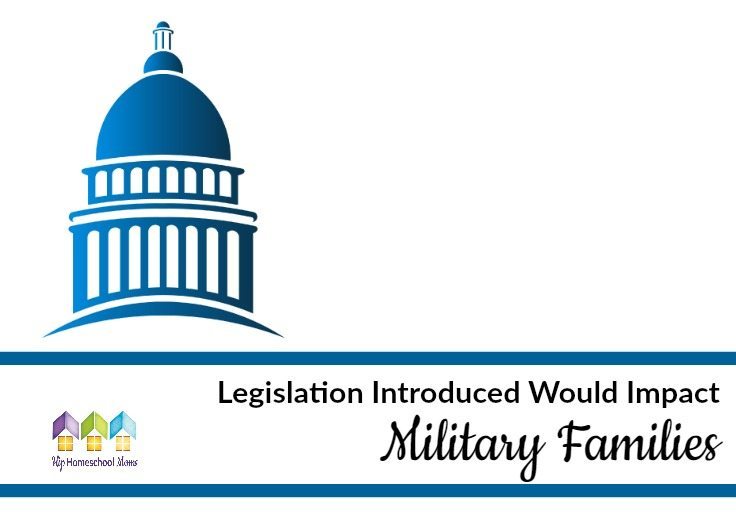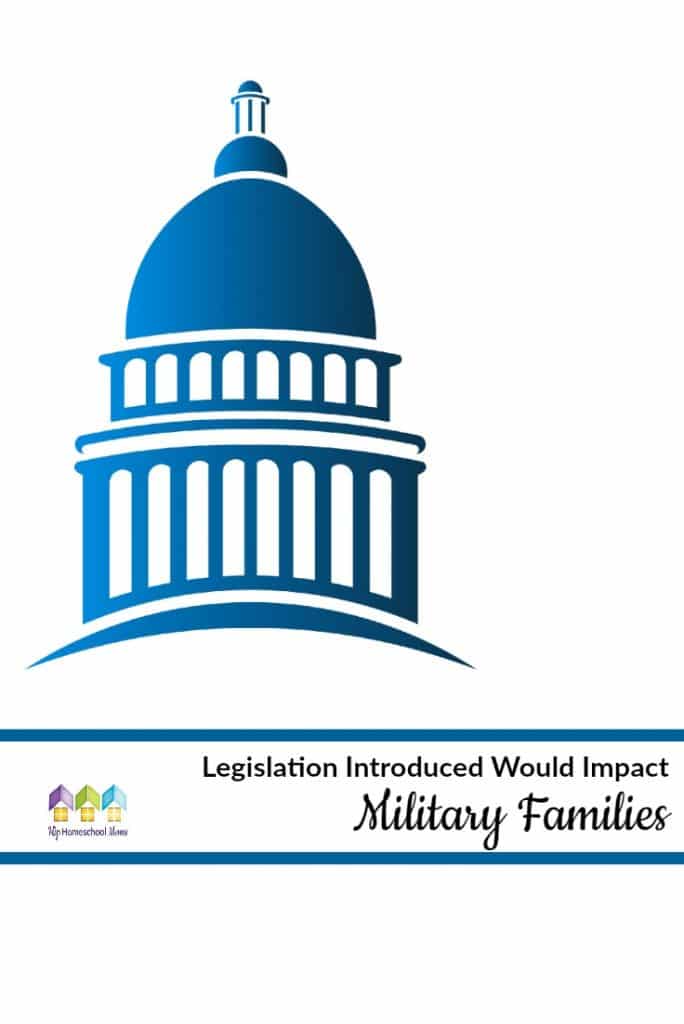Federal Education Legislation Pending that Would Impact Military Families
In an effort to ease the strain of frequent relocations, two Republican senators have introduced legislation that would expand school choice for military families. Republican senators Tim Scott (South Carolina) and Ben Sasse (Nebraska) have announced legislation that would expand school choice for military families in an attempt to ease the strain of frequent relocations.

Almost 2 million American kids have a parent serving in the military. These children will likely move six to nine times during their school career, according to the latest numbers published by the Pentagon. About 50 percent of those students live in states with no school choice options.
In a 2017 Military Times survey the importance of educational opportunities to military families was very clear. Over a third of service members stated that dissatisfaction with their child’s education as a significant factor in determining whether to remain in the military.
The measure comes as the services have struggled with low recruitment and retention rates. Banks said his legislation would boost both. “This gives service members more peace of mind that they can find other options, whether it’s a private school or to offset the cost of homeschooling,” he said. “It’s a tremendous benefit to those families.”
Rep. Jim Banks, R-Ind., introduced a similar House proposal on Monday that would create well-deserved educational opportunities for military families. The Education Savings Accounts for Military Families Act of 2018 would allow military families to choose education options that are the right fit for their children instead of having to attend the public schools nearest to base.
This proposal also would provide education savings accounts to eligible children from military families from the funds that would have been sent to a public school on the child’s behalf through the federal Impact Aid program. This measure would enable families to instead direct those dollars to options that work for them.
Under the proposal, education savings accounts could be used to pay for private school tuition, online learning, special education services and therapies, private tutoring, and a host of other education-related products, providers, and services. Families could roll over any unused funds from year to year and even roll them into college savings accounts for when their children complete high school.
Almost 80 percent of children from military families currently attend public schools, but only 34 percent of those surveyed said they would choose public schools as their first option. Which of course, none of us are surprised about! Defense is an enumerated power of the federal government, and the Department of Defense obviously has a keen interest in boosting retention rates.
The education savings account option is very popular – it is actually supported by three-quarters of the active military members. It gives parents the opportunity to find the education that best suits their children. Instead of the government assigning military children to district schools when their parents are assigned to their next duty station, military parents—who know better than anyone else what their kids need—would be able to customize their children’s education.
Under the Banks proposal, federal Impact Aid would be deposited directly into a military family’s account (if the family chooses) instead of being funneled to school districts. This flexibility is not new: Under the G.I. Bill, service members can attend any university.
The House bill has over three-dozen Republican co-sponsors and clinched support from Education Secretary Betsey DeVos.









